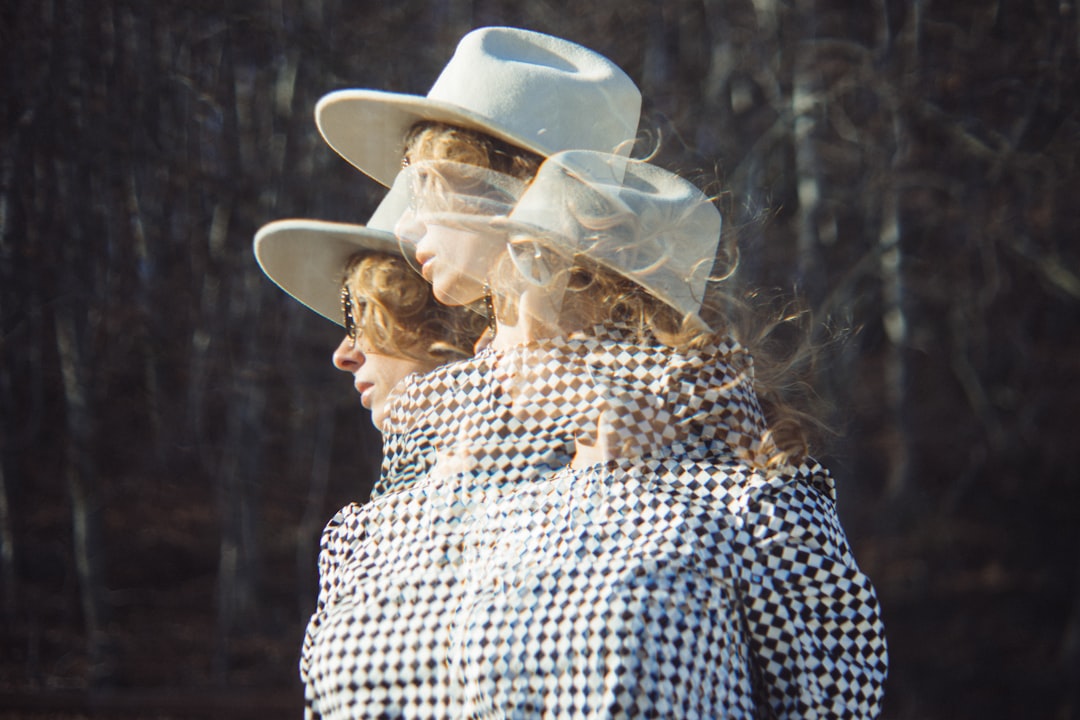Jane Austen is a little bit country
Loretta Lynn, a coal miner's daughter, a gentleman's daughter, and women getting by
Hello dear friends,
This is the week where we have to stop what we’re doing and just listen to some Loretta Lynn, who died October 4, at the age of 90.
We realize this is not necessarily the place where you’d expect to find a Loretta Lynn tribute. It might feel more appropriate to find a tribute to, say, Queen Elizabeth II, in this Jane Austen community.
…
Keep reading with a 7-day free trial
Subscribe to The Austen Connection to keep reading this post and get 7 days of free access to the full post archives.

